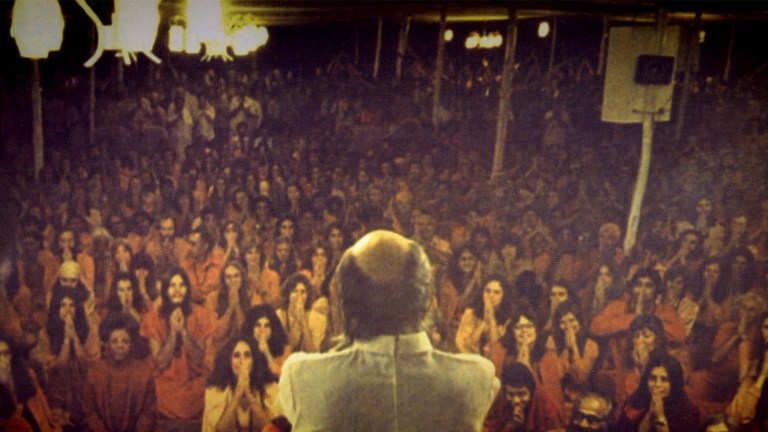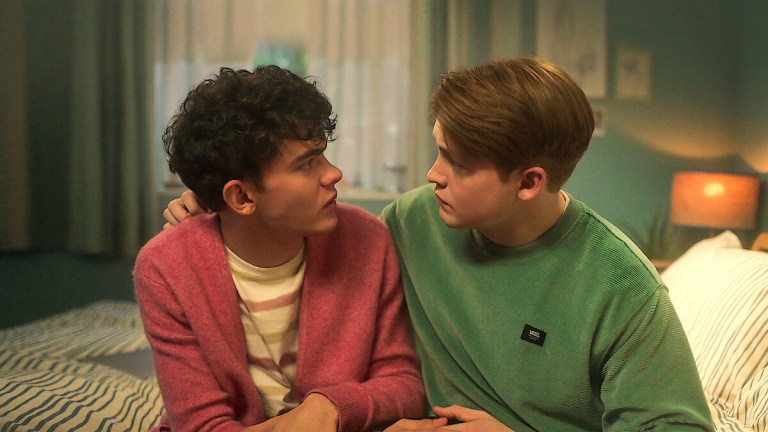
Netflix’s ‘The Leopard’ Is An Italian ‘Gone With The Wind’—Minus The Racism
To talk about Gone With The Wind in a responsible way, without going writing an entire dissertation, I’m going to lean on the crutch of analogy and say it’s like that one piece in a box of assorted chocolates you bite into and spit out once you taste what’s on the inside.
Its popularity and critical acclaim are the fancy box and individual paper wrapper, misleading qualifiers that denote delicacy and luxury. As a teenager drawn to “classic” film and literature, I had pre-existing expectations and associations, the same way you might with the chocolates in the box you’ve already eaten and enjoyed. The next one, theoretically, should be more of the same.
But when you actually get to the core of the confection, the revulsion is enough to make you decide this is something you can’t swallow. Now obviously, the inedible core at the heart of Gone With The Wind is the way it overlooks, whitewashes, and at times even romanticizes America’s history with slavery, racism, and white supremacists, which is why it’s no longer a film I feel comfortable watching.
But I do acknowledge that the giant hoop skirts, historical wartime drama, epic love triangle, and villains with major character development, drew me in in their own deceiving way, and I still feel guilty for it. But watching Netflix’s adaptation of The Leopard, a novel set during the unification of the Italian peninsula, I was able to enjoy those same elements in a story free from racial baggage or undertones.

The story of Fabrizio Corbèra, Prince of Salina (alias The Leopard), a middle-aged Sicilian aristocrat struggling to maintain his hold on power as Garibaldi’s army is fighting to add the island kingdom to a unified Italy, contains plenty of questionable morality of its own, but leaves room for modern criticism and interpretation. It never pushes you over the edge.
Fabrizio clings to the old way of doing things and the status quo that enables his continued privilege in society while confronting threats by social climbers who would love to take his place. His loyalties and moral code suit his needs, and he favors his orphaned, revolutionary nephew, Tancredi, over his eldest son Paolo, and makes the family priest wait outside in the carriage while he visits his mistress.

His eldest daughter, Concetta, is being pressured by her mother to enter the convent while harboring a secret love for her cousin, Tancredi. He is as wayward with her heart as he is with his political beliefs, torn between the love and comfort he’s know with the Salinas, and the ambition driving him to make a name for himself during the upheaval of revolution. When femme fatale and social climber Angelica enters the scene, chaos ensues for all three young adults.
It’s a battle of old world and money against the new, as an aging man fights to hold onto his place in a world changing faster than he can keep up with. And don’t make the mistake of confusing Fabrizio with Italian-American counterparts, he’s not a Tony Soprano and this isn’t the cradle of Mario Puzo’s mob bosses, he portrays the innate powerlessness of an individual, no matter how privileged, in country that is becoming bigger and somehow smaller at the same time.











